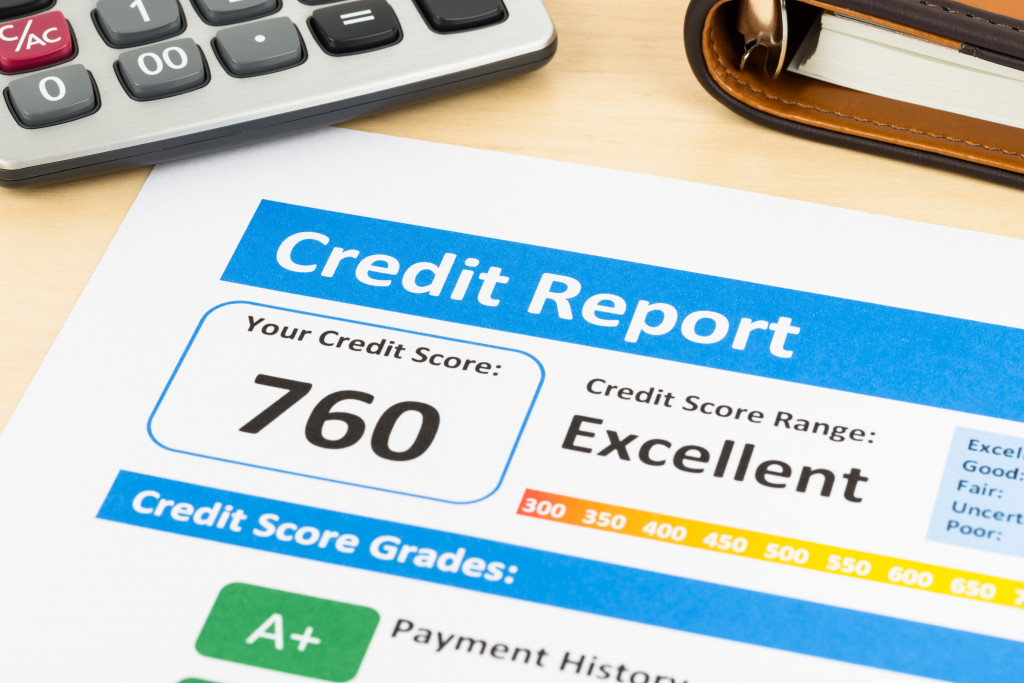Your credit score is a reflection of your overall financial well-being and creditworthiness. Because your credit is such an essential part of your financial identity, it is critical to start building excellent credit as soon as possible. While a low credit score may make your most significant financial transactions more costly, a high credit score can offer you a competitive advantage when it comes to lending choices.
Lower Interest Rates
The interest rate is one of the expenses of borrowing money, and it is often closely related to your credit score. If you have a high credit score, you will nearly always get the lowest interest rates and pay lesser financing costs on credit card balances and loans. The less interest you spend, the quicker you’ll pay off your debt and the more money you’ll have for other expenditures.
Better Loan Approvals
Borrowers with a bad credit history usually hesitate to apply for a new credit card or loan since they have previously been denied. Having a high credit score does not ensure acceptance since lenders consider other variables such as your income and debt. On the other hand, a high credit score improves your chances of getting accepted for new credit. In other words, you may confidently apply for a loan or credit card. And, of course, you can have access to the best mortgage rates for your dream home.
You Can Negotiate Better
A high credit score offers you bargaining power when negotiating a cheaper interest rate on a credit card or a new loan. If you need additional negotiating power, you may take advantage of other appealing offers based on the credit score that you’ve gotten from other businesses. If you have a poor credit score, creditors are unlikely to bend on loan conditions, and you will have no alternative credit offers or choices.
Better Credit Limits

Your income and credit score determine your borrowing ability. One advantage of having a high credit score is that banks are ready to let you borrow more money since you’ve shown that you pay back what you borrow on time. You may still be accepted for certain loans with a poor credit score, but the amount will be more restricted.
Better Chances at Insurance
Automobile insurers are among the businesses that will use a poor credit score against you. Insurance firms construct your insurance risk score using information from your credit report and insurance history. Thus individuals with poor credit scores are frequently penalized with higher insurance rates. You will usually pay less for insurance if you have a high credit score than comparable candidates with lower credit scores.
Get a Phone Contract Easier
Another disadvantage of having a low credit score is that mobile phone service providers may refuse to supply you with a contract. Instead, you’ll have to opt for one of the more costly pay-as-you-go options. At the very least, you may be required to pay an additional fee on your contract until you’ve established yourself with the supplier. People with excellent credit may avoid paying a security deposit and may be able to get a better deal on the newest phones by signing a contract.
You Get to Have a Great Rep
A good credit score is something to be proud of because of all the advantages, particularly if you’ve had to work hard to improve your credit score from poor to excellent. And if you’ve never had a poor credit score, keep doing what it takes to keep it that way. It just takes a few late payments to go off track.
A person with a strong credit score doesn’t have to search far for offers; in fact, the offers flock to you since your credit score demonstrates that you’re a reliable borrower. This is useful if you wish to refinance existing debt, get a personal loan, or upgrade to a better credit card with your present provider.
In addition to credit goods, excellent credit habits accompany you to work. Employers often use consumer credit reports to decide who to recruit, promote, and reassign in places where it is legal, mainly if the position entails making top-level financial decisions.
While employers will not see your exact number, they will see most of the information that makes up your score.
Building and maintaining a good credit profile is critical since your credit score influences most loan choices. If you have a poor credit score, make an effort to improve it to be prepared for a future loan or rental application.




